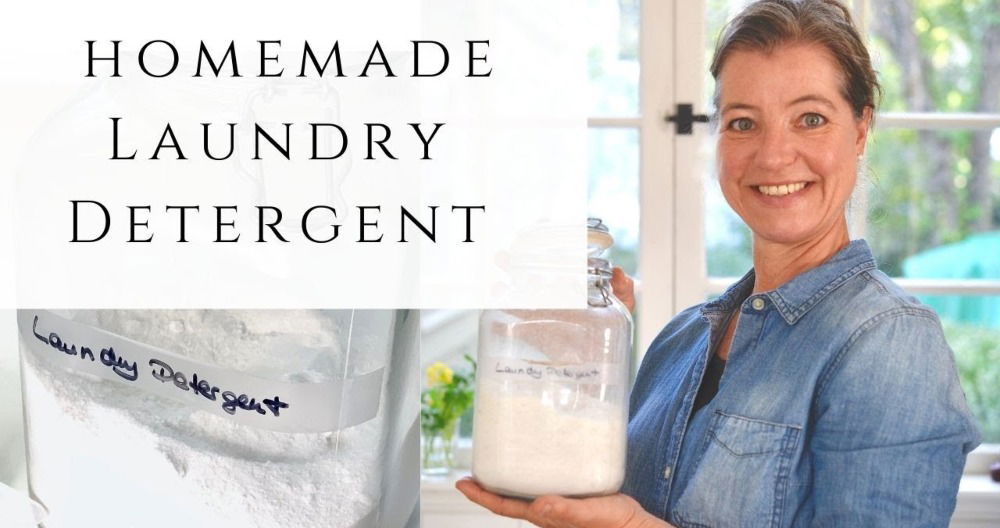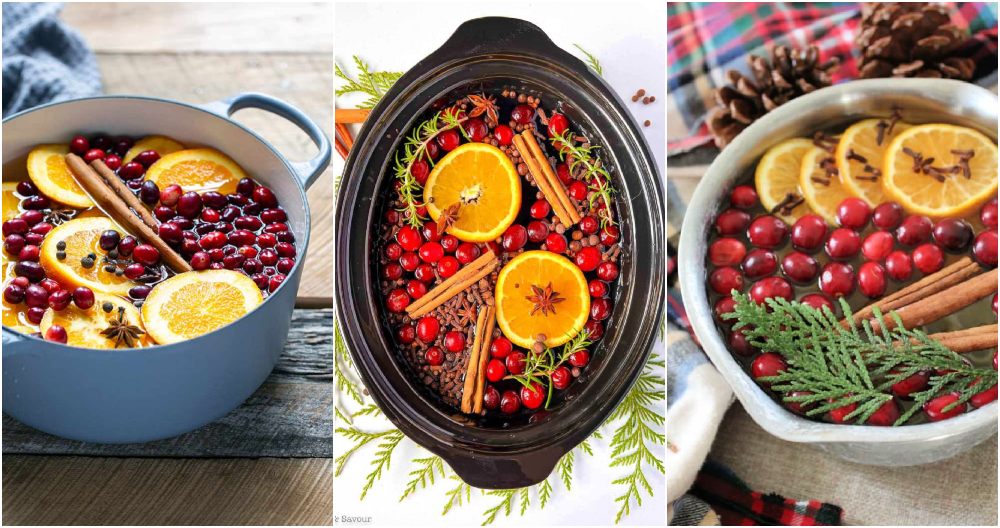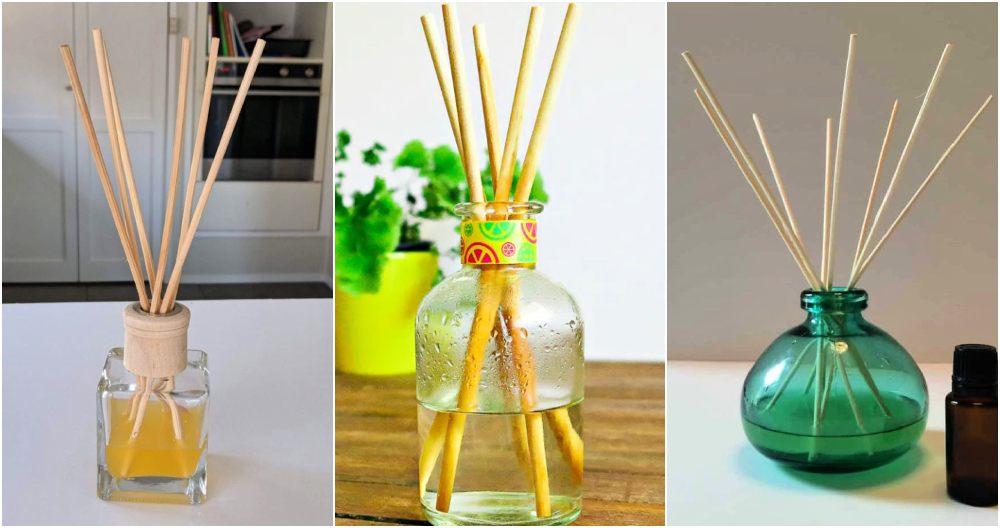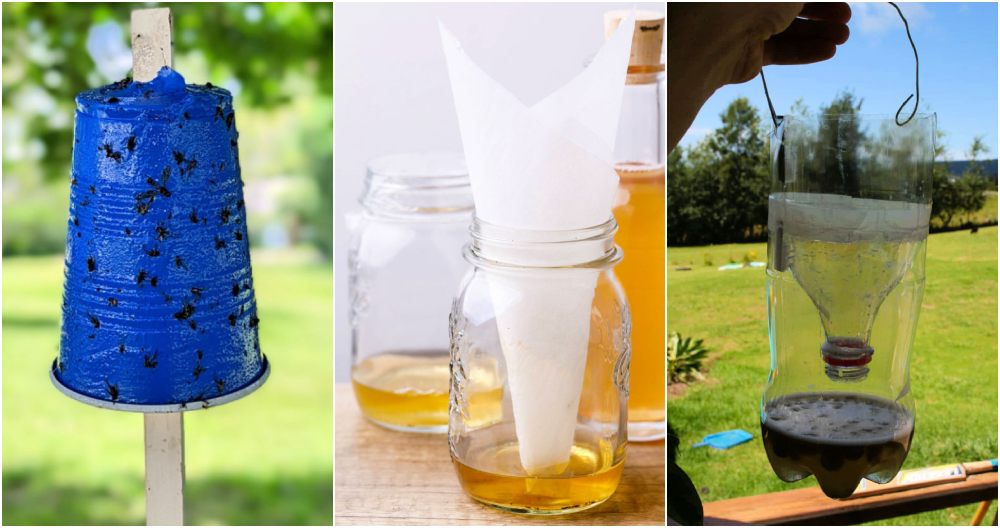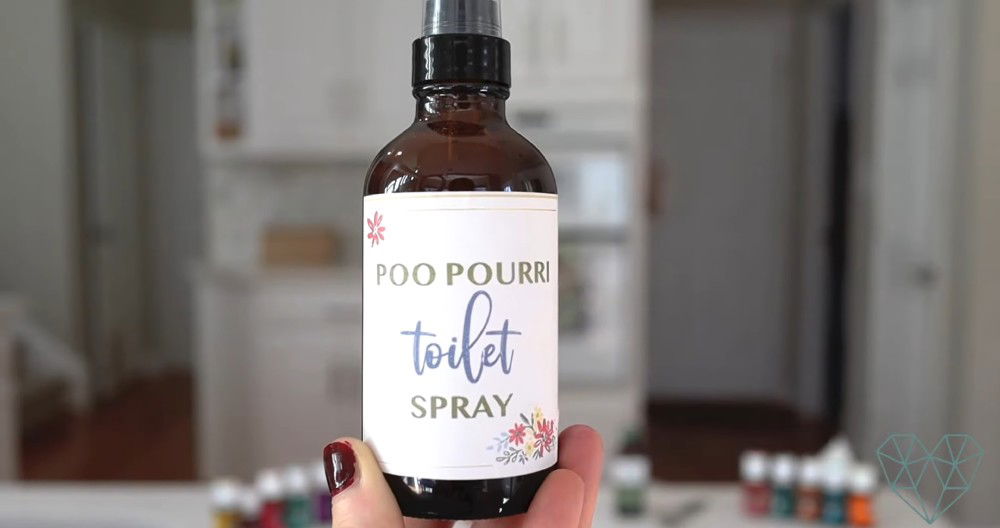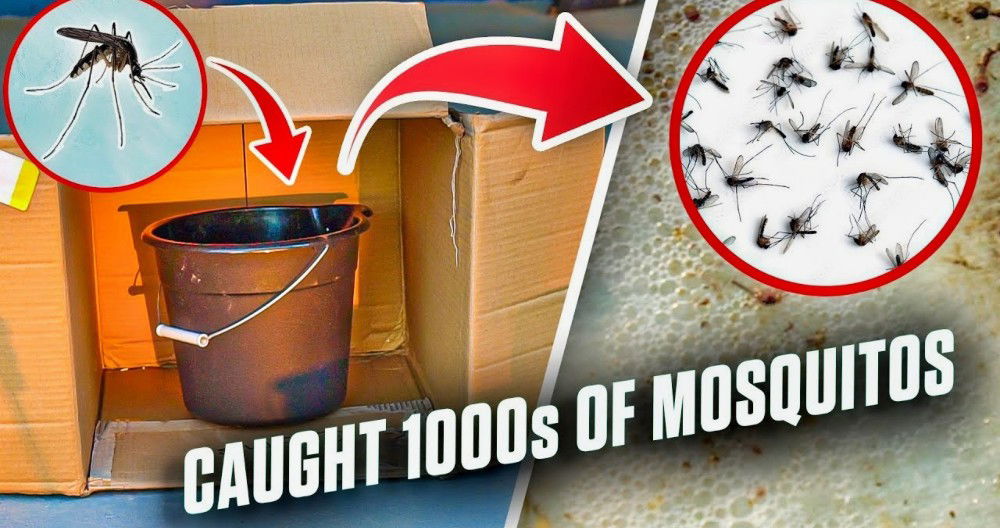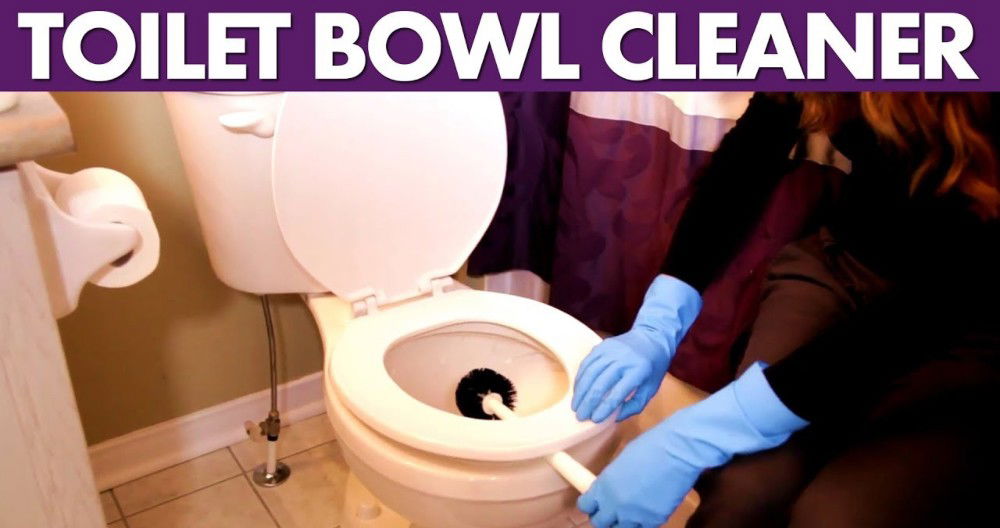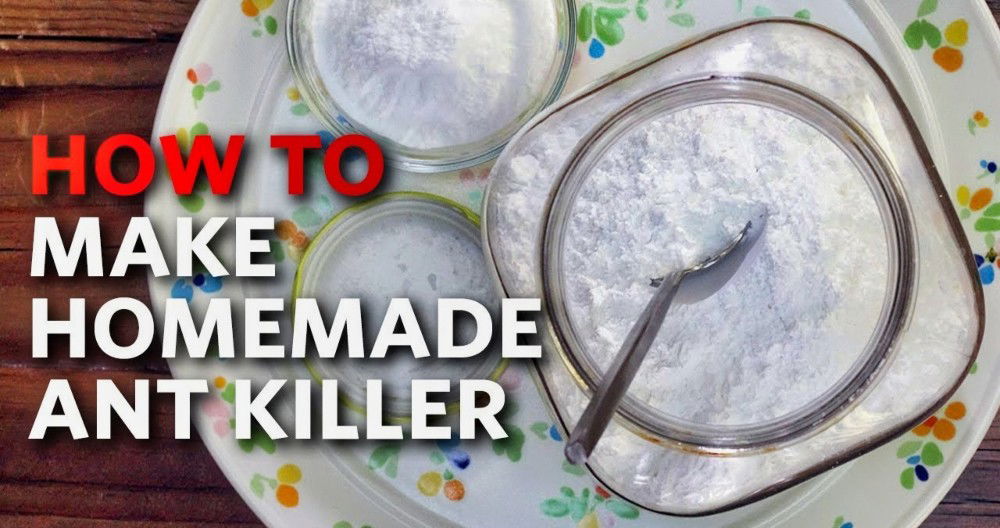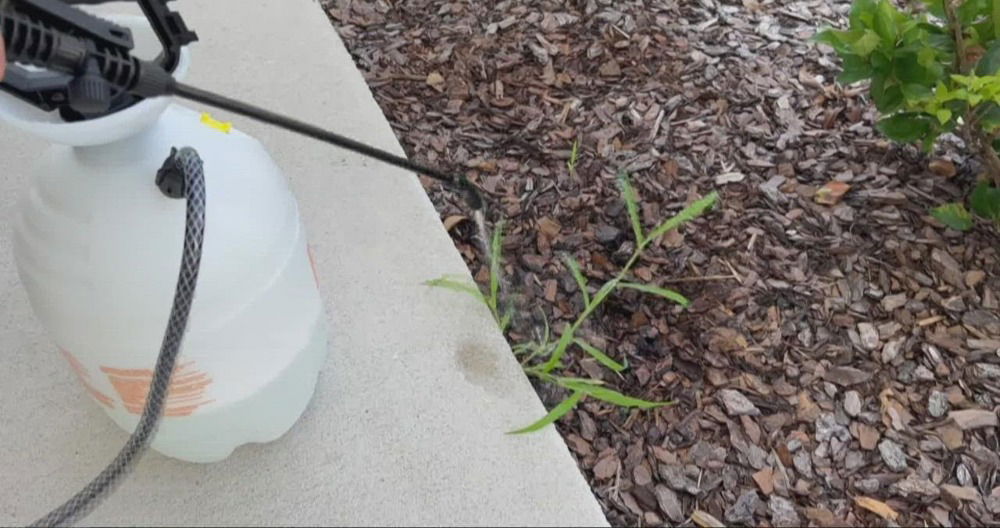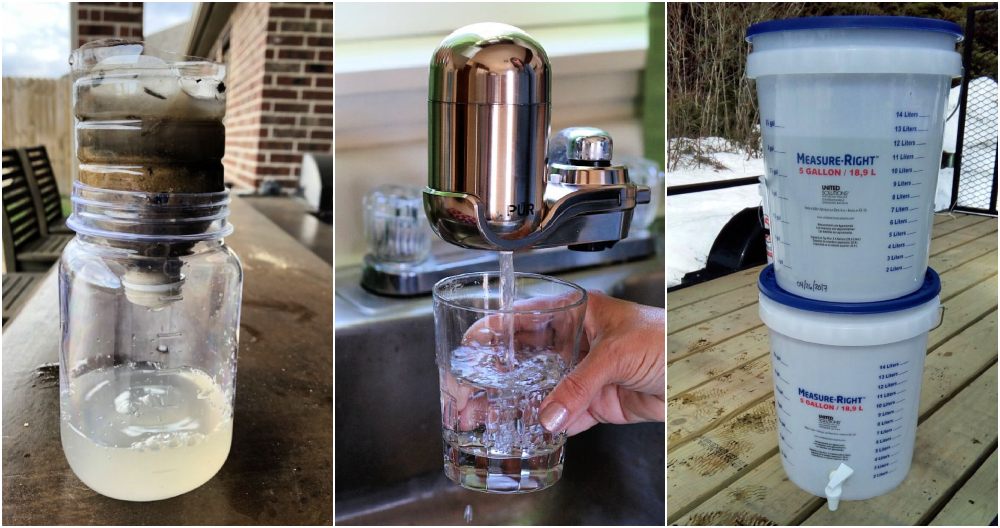When I embarked on a mission to reduce the chemical load in my home, one of the first places I looked was under the sink—particularly at my dishwashing detergent. The more I researched, the clearer it became that I needed a natural alternative. That's when I stumbled upon a recipe that not only promised to be eco-friendly but also pocket-friendly.
After making and using this DIY natural dishwasher detergent, I was amazed by its effectiveness and simplicity. I've decided to share my experience and the step-by-step process that I followed. This guide is for anyone looking to make a switch to a greener lifestyle. Let's dive in!
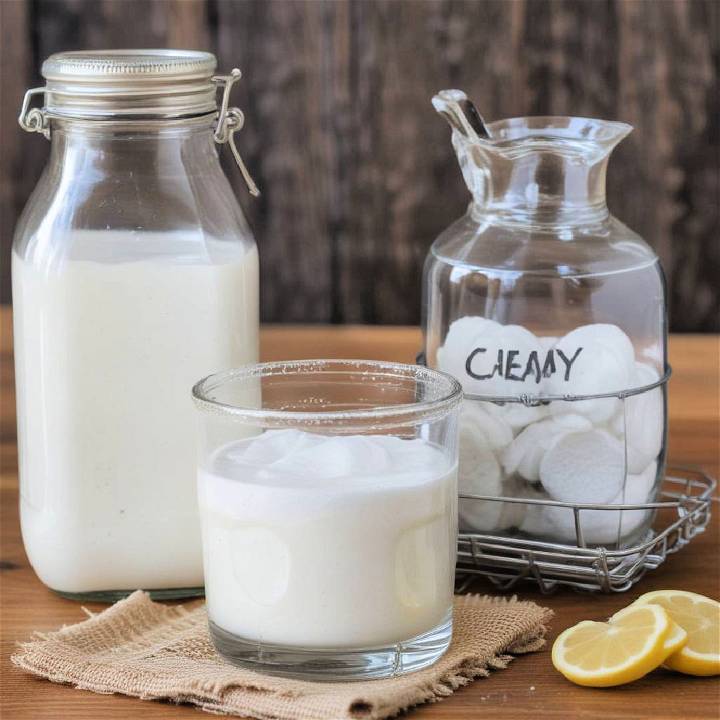
Materials Needed and Why:
- Kosher Salt (1 tablespoon): Necessary for turning our detergent solution into a gel-like consistency, making it easier to use.
- Hot Water (1/2 cup): Helps to dissolve the salt completely, which is crucial for the gel consistency.
- Dr. Bronner's Sal Suds (1/2 cup): A natural, highly effective soap that serves as the cleaning agent in this recipe.
- White Distilled Vinegar (1/2 cup): Acts as a natural rinse aid, leaving dishes shiny and clean.
- Citric Acid (3 tablespoons, optional): The secret ingredient to getting dishes extra shiny and clean. If omitted, the recipe still works but might be less effective on tough water stains.
- Lemon Juice or Essential Oil (1 tablespoon or 15 drops): Adds a fresh scent and has natural cleaning properties as well.
Step-by-Step Guide:
Learn how to make homemade dishwasher detergent in 6 simple steps! Includes ingredients like kosher salt, vinegar, and citric acid. Add your favorite scent for a personalized touch.
Step 1: Dissolving Kosher Salt
In a heat-resistant container (I used a glass measuring jug), pour in 1/2 cup of hot water and add 1 tablespoon of kosher salt. Stir until the salt is completely dissolved. It's important to ensure it's fully dissolved to achieve the right consistency for our detergent.
Step 2: Adding the Soap
Next, mix in 1/2 cup of Dr. Bronner's Sal Suds into the jug. This soap is the muscle behind the cleaning power of the detergent. I chose it for its natural and safe ingredients. Once added, you'll notice the mixture begins to thicken into a gel.
Step 3: Incorporating Vinegar
Now, add 1/2 cup of white distilled vinegar to the mixture. The vinegar is a wonder ingredient that helps in reducing water spots and enhancing shine. Stir well to ensure everything is combined.
Step 4: Optional - Citric Acid
For those who want to boost the cleaning power, adding 3 tablespoons of citric acid at this stage is a game-changer. It particularly helps with water stains and gives dishes a sparkling finish. If you prefer separate cleaning and rinse agents, you might skip this and use vinegar as a standalone rinse aid.
Step 5: Adding Scent
Finally, incorporate 1 tablespoon of lemon juice or 15 drops of lemon essential oil into the concoction. This not only leaves your dishes smelling fresh but also contributes additional cleaning properties. I opted for the essential oil for a lasting fragrance.
Step 6: Bottling Your Detergent
Using a funnel, pour the mixture into a squeezable bottle. If you're like me and made a bit extra, don't worry—any sealed container will do for storage! Label your bottle for easy identification, and voil* à, your natural dishwasher detergent is ready to use.
Usage:
In your dishwasher, you'll need about 1 to 2 tablespoons of this detergent per load. The exact amount might vary depending on the water hardness in your area. Experiment a bit to find the right quantity for your needs.
Troubleshooting Common Issues
When making your own dishwasher detergent, you might run into a few common issues. Here's how to solve them:
Problem: Detergent Clumping Sometimes, homemade detergent can clump due to moisture. To prevent this, add a few grains of rice to the container, which will absorb excess moisture. Make sure the container is airtight.
Problem: Dishes Not Coming Out Clean If your dishes aren't coming out clean, try adding more washing soda to your mixture. Washing soda is a powerful cleaner that can tackle grease and stains.
Problem: White Residue on Dishes White residue can be a sign of hard water. Add a little more citric acid to your detergent, which will help soften the water and prevent residue.
Problem: Detergent Not Dissolving If the detergent isn't dissolving, it might be too large or compacted. Try grinding your detergent to a finer texture, or use warm water to help it dissolve better.
Problem: Dishes Have Streaks Streaks often occur because of too much detergent. Use less detergent, or add a rinse aid like white vinegar to the rinse cycle to eliminate streaks.
Remember:
- Always use fresh ingredients to ensure the best cleaning power.
- Test different ratios to find what works best for your water type and dishwasher.
- Keep your dishwasher's rinse aid dispenser filled with white vinegar for spotless dishes.
By following these tips, you can ensure your DIY dishwasher detergent works effectively and keeps your dishes sparkling clean.
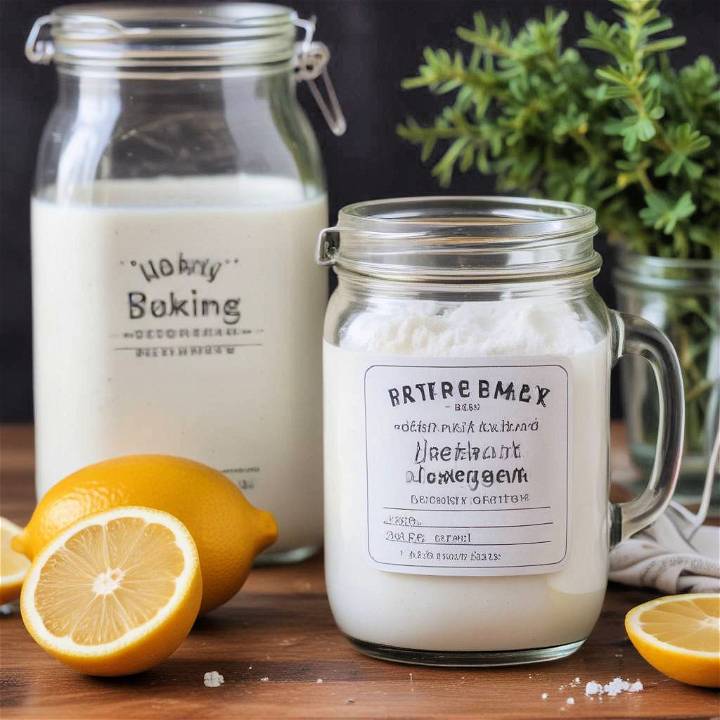
FAQs About Homemade Dishwasher Detergent
Discover answers to frequently asked questions about homemade dishwasher detergent. Learn how to make it, its effectiveness, and more in this guide!
Can homemade dishwasher detergent really clean as well as store-bought brands?
Yes, when made correctly, homemade dishwasher detergent can be just as effective. It's important to use the right combination of ingredients like washing soda and citric acid, which work together to clean and remove buildup.
Is it safe for my dishwasher and dishes?
Absolutely. Homemade detergents typically use natural ingredients that are safe for most dishwashers and dishes. However, always handle ingredients like borax and citric acid with care to avoid irritation.
Will this detergent work in hard water?
Homemade detergents can work in hard water, but you may need to adjust the recipe. Adding more citric acid can help prevent mineral buildup from hard water.
How do I prevent the detergent from clumping?
To prevent clumping, store your detergent in an airtight container and consider adding a few grains of rice to absorb excess moisture. Stirring the mixture several times a day before storing can also help.
Can I add scents to my homemade detergent?
Yes, you can add essential oils for fragrance. Just a few drops should be enough to give your detergent a pleasant scent without affecting its cleaning power.
Closing Thoughts:
Switching to this homemade natural dishwasher detergent has been rewarding for me. It's cost-effective, reduces waste, and most importantly, it aligns with my goal of maintaining a toxin-free home. Give it a try! It's a simple yet impactful step towards a healthier lifestyle and a cleaner planet. It's not just about the sparkling dishes; it's about making choices that benefit us and the environment.


